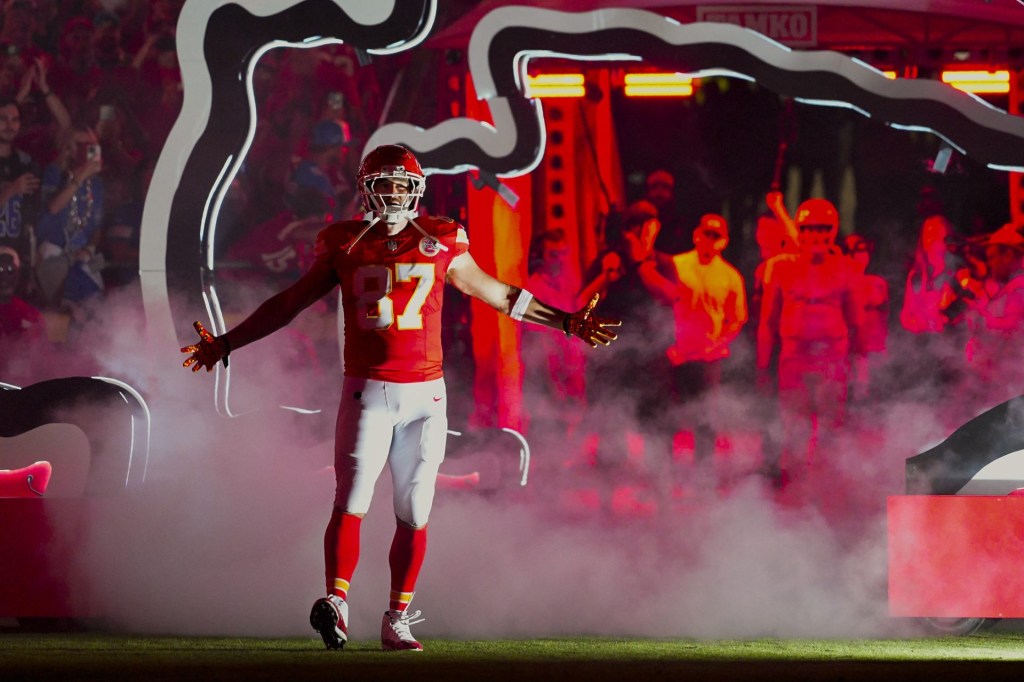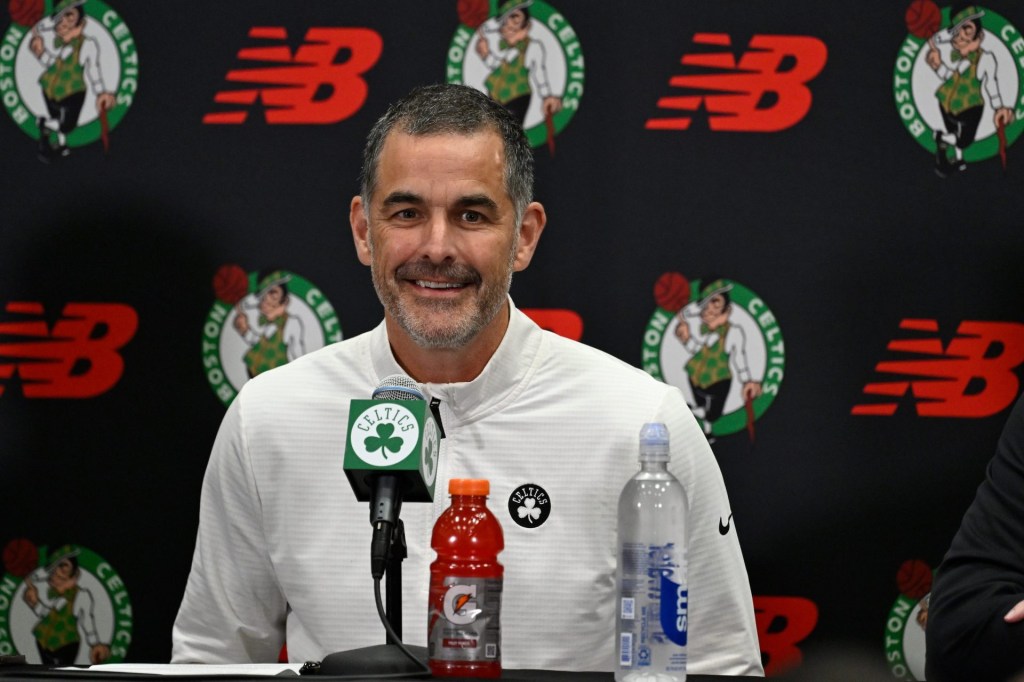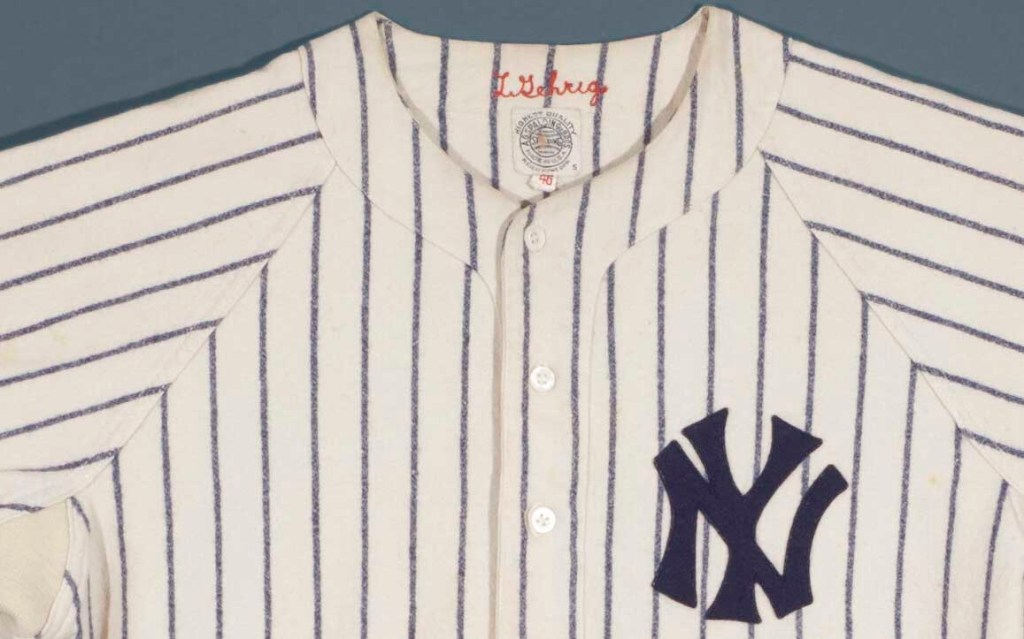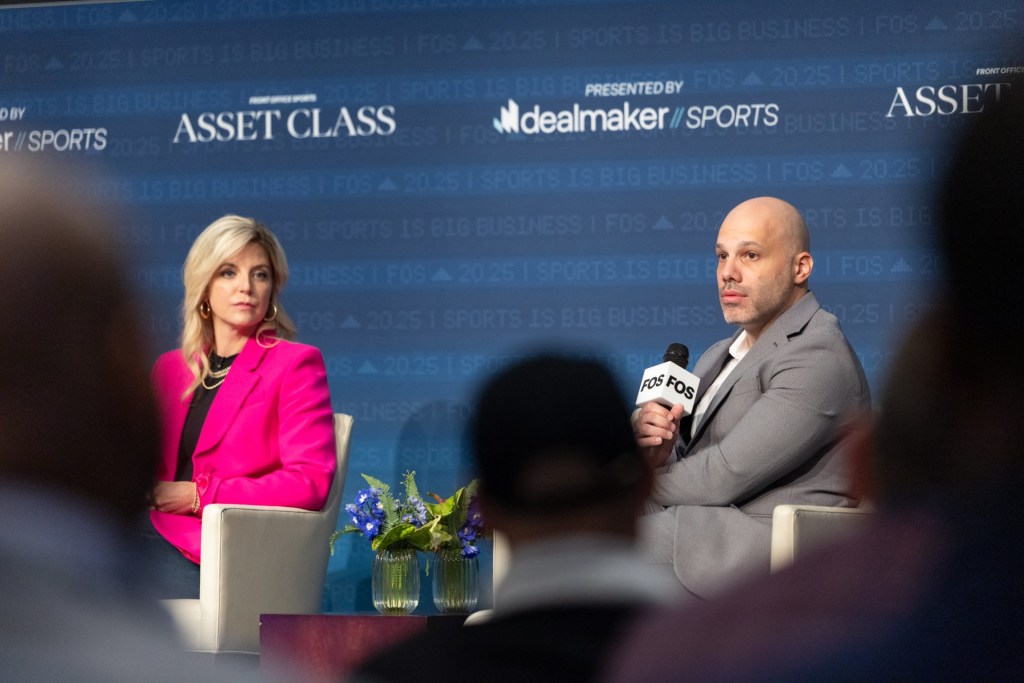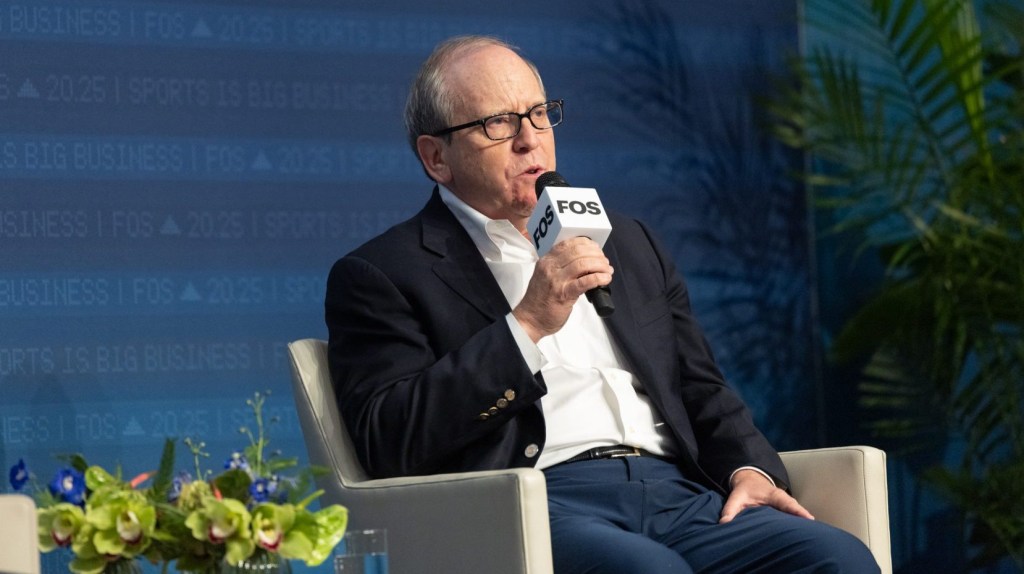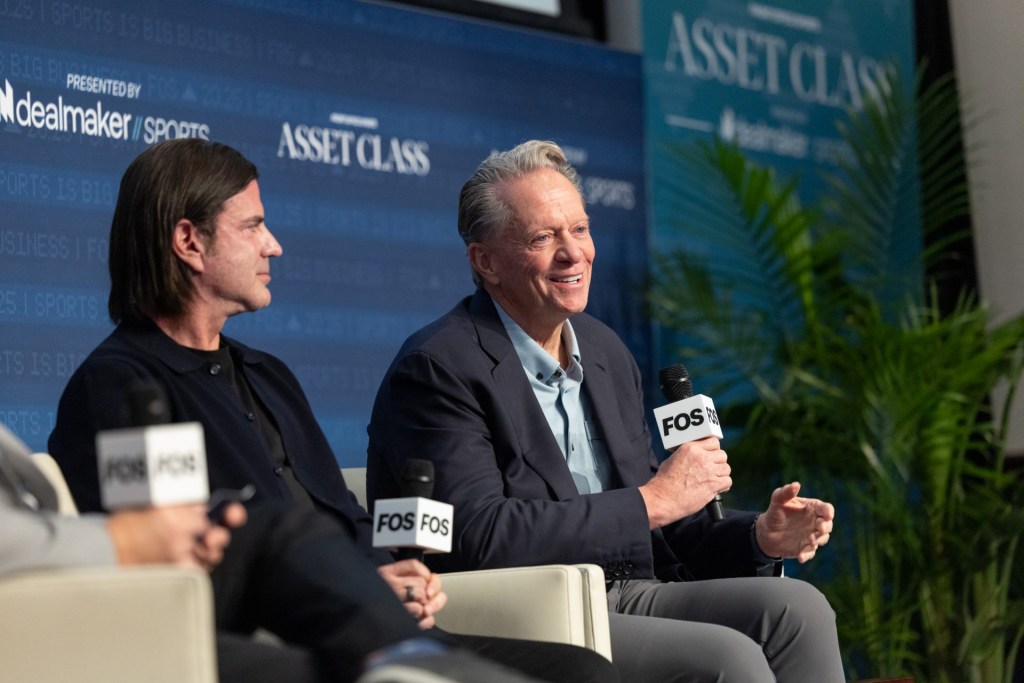Utah is fast becoming a magnet for sports money. In the past month alone, at least $2.8 billion has been pledged across franchise deals and sports-focused private equity funds, backed by Utah-based investors.
Not all of that capital will stay local, but a good chunk will. The investors raising capital in—and injecting capital into—Utah include tech mogul Ryan Smith, longtime sports executive Dave Checketts, and the Miller and Eccles families, both cornerstones of the state’s sports and business scene.
They are all betting on the continued rise of Utah as a sports destination. The state has an NBA franchise (the Utah Jazz), an NHL team (which just today unveiled its new name, the Utah Mammoth) and MLS and NWSL teams (Real Salt Lake and the Utah Royals). It’s also vying for a new MLB franchise.
Smith, who sold management software company Qualtrics for $8 billion in 2019, is among the leaders pouring money into the region. His company, Smith Entertainment Group, is in the process of overhauling the Delta Center in downtown Salt Lake City, home to both the Jazz and now Mammoth. It’s a novel renovation, as SEG is turning a 33-year-old venue that was originally designed for basketball into one that can also be home to the hockey team.
Smith is separately working with venture capital veteran Ryan Sweeney, his longtime investment partner, to raise up to $1 billion for a fund focused on the intersection of sports and technology.
Smith and Sweeney have long seen Utah as a prime market for investment in both sports and tech. It makes sense, as they both have significant ties to the area. Smith founded Qualtrics in 2002 in the basement of his family home in Provo, Utah. Sweeney, meanwhile, helped Smith grow Qualtrics into the behemoth it became through a $70 million Series A funding in 2012 made by his firm, Accel, in tandem with Sequoia Capital.
“Sweeney took a big bet on Utah,” Smith tells Front Office Sports. “Everyone else we were talking to in the Bay Area at the time wouldn’t write a check outside a 20-mile radius.”
A Hot Spot for Young Talent
In the years since, the duo has continued to invest in the region with no plans of slowing down. Smith and Sweeney point to the large, young and talented population.
“One of the things that really excites us is that we’re not going to have a problem recruiting people to build this thing out,” Smith says. “Utah is a talent hotbed. There are something like 260,000 college kids within a 90-mile radius, it’s incredible the talent that’s here.”
His estimation is reasonably accurate. The total enrollment at public colleges and universities in Utah reached more than 207,000 last Fall, according to the Utah System of Higher Education, and there are tens of thousands more college students at private institutions like Brigham Young University, where Smith went to school.
Sweeney and Smith are aligned in their belief that Utah is the current hotspot for young talent, as well as sports and tech investment.
“When you’re starting something like this, you look for work ethic and scrappiness,” Sweeney tells FOS. “I’ve invested in a lot of places around the globe, and Utah is the best. It’s a no-brainer.”
The Miller family, through The Larry H. Miller Company, are also in on the idea of Utah as a hotspot for talented youth. The company, which is leading the coalition trying to bring an MLB team to Utah, also owns the Salt Lake Bees, the Triple-A affiliate of the Los Angeles Angels. The Bees recently opened a new stadium in South Jordan, Utah.
Steve Starks, CEO of the Larry H. Miller Company, tells FOS the ballpark anchors a downtown sports and entertainment hub and is receiving rave reviews.
“It’s considered a major league experience in a minor league facility,” he says.
A significant factor in why “attendance is off the charts” for the Bees is Utah’s explosive growth, especially with regard to youth.
“It continues to be one of the fastest-growing states in the country, and it’s the youngest state in the country,” Starks says.
Checketts, a seasoned sports executive with long tenures running both the Jazz and New York Knicks, agrees with the assessment of Utah as an epicenter for sports investment.
“Utah’s got a lot going for it right now,” Checketts tells FOS.
Checketts is partnering with The Cynosure Group, a Salt Lake City-based investment firm founded by the Eccles family, on a new fund that is aiming to raise at least $1.2 billion to invest in a range of sports-related areas.
The Eccles family have made money in a variety of industries, including real estate and private equity. The family has funded local stadiums, including an outdoor college football stadium at the University of Utah. Spencer Eccles, managing director and co-founder of Cynosure, was on the Salt Lake Organizing Committee for the 2002 Olympic Winter Games, and is also on the board of the organizing committee for the 2034 Olympic and Paralympic Winter Games.
Looking for Lower Valuations
Their fund will not solely invest in Utah, but will certainly consider opportunities in the area. Checketts says the fund will target minority stakes in teams across all men’s sports, as well as opportunities in the realm of women’s and college sports. In leagues where the valuations are not ballooning higher than the house in the Pixar movie Up—such as the NWSL or the 3-on-3 women’s basketball startup league Unrivaled— Checketts could see his fund stepping in to control positions. He has particular experience with the WNBA, having helped found the New York Liberty back in 1997.
Checketts also has experience with MLS team Real Salt Lake, another one of the pro sports teams contributing to the $2.8 billion total Utah-based investment. The Miller family and Miller Sports + Entertainment recently announced the purchase of a controlling stake in RSL Football Holdings, which includes Real Salt Lake and the NWSL’s Royals, among other soccer-related team and real estate assets. That agreement was reportedly worth $600 million.
Starks tells FOS that the deal was as much about getting into the NWSL through the Royals as it was acquiring Real Salt Lake. Also, it was a rare, banker-free transaction. The seller, PE executive David Blitzer, called and said he was looking for a local partner with deep roots in the community.
“There was essentially no negotiation on price,” Starks tells FOS. “He brought a very fair deal to us. He prioritized partnership over trying to maximize profitability.”
Showing what a small world it can be, as part of the Millers’ deal for Real Salt Lake and the Royals, Smith Entertainment Group sold its entire stake in the teams. So the Millers, which used to own the Jazz, now own Real Salt Lake, which used to be part-owned by the Smiths.
Checketts, meanwhile, actually founded Real Salt Lake in 2005. He says he lost money on that franchise, partly because of how much money needed to be invested to build a stadium, though he doesn’t regret his time with the team. He sold the club in 2013.
“It can be easy to lose money in sports,” Checketts tells FOS. “Sometimes, if you’re the first guy in and you don’t have the runway to keep it up for 20 years, it’s really hard to do, and that’s what happened.”
Nowadays, especially in major pro sports, the idea of losing money on a franchise feels fantastical. Values are out of this world, with each deal breaking the record price tag set by the last.
But Checketts cautions that there’s always a tipping point, and he’s cognizant of the risk of oversaturating the Utah market with sports teams.
“Utah is a hotbed,” he tells FOS. “However, Denver was a hotbed at one point.”
He explains that Denver was doing just fine with the Broncos, Nuggets, and Colorado Avalanche, but that when the Colorado Rockies came into existence in the early 1990s, the city faced some challenges.
“There was a lot of pressure on the corporate community for sponsorship dollars,” he says. “Salt Lake has got to be a little careful thinking about that.”


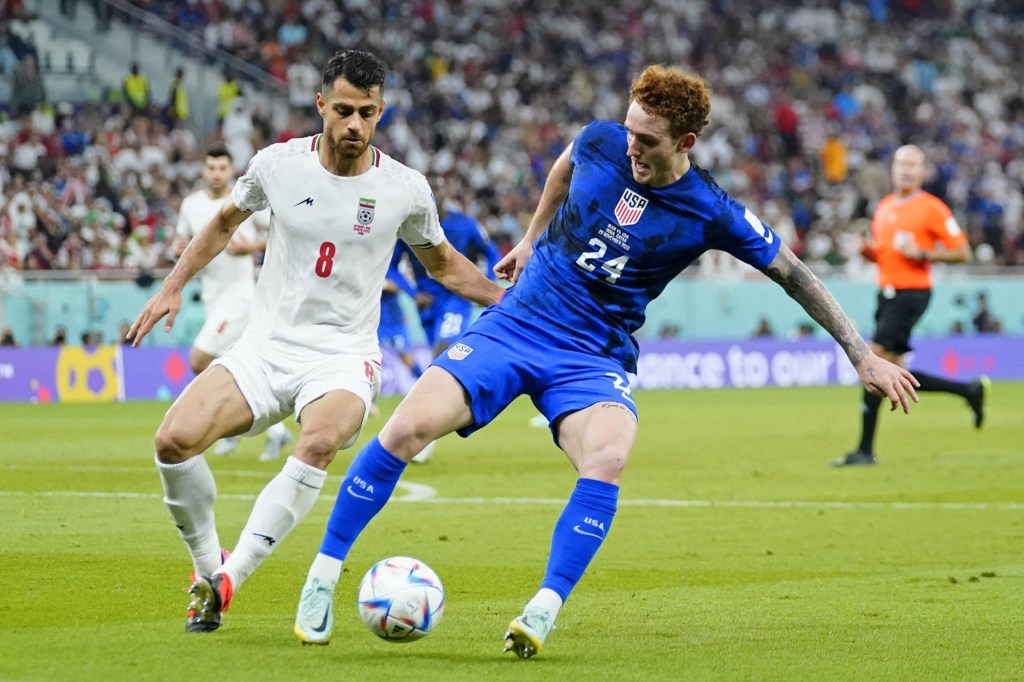


![[Subscription Customers Only] Jun 15, 2025; Seattle, Washington, USA; Botafogo owner John Textor inside the stadium before the match during a group stage match of the 2025 FIFA Club World Cup at Lumen Field.](https://frontofficesports.com/wp-content/uploads/2026/02/USATSI_26465842_168416386_lowres-scaled.jpg?quality=100&w=1024)
![[Subscription Customers Only] Jul 13, 2025; East Rutherford, New Jersey, USA; Chelsea FC midfielder Cole Palmer (10) celebrates winning the final of the 2025 FIFA Club World Cup at MetLife Stadium](https://frontofficesports.com/wp-content/uploads/2026/02/USATSI_26636703-scaled-e1770932227605.jpg?quality=100&w=1024)



